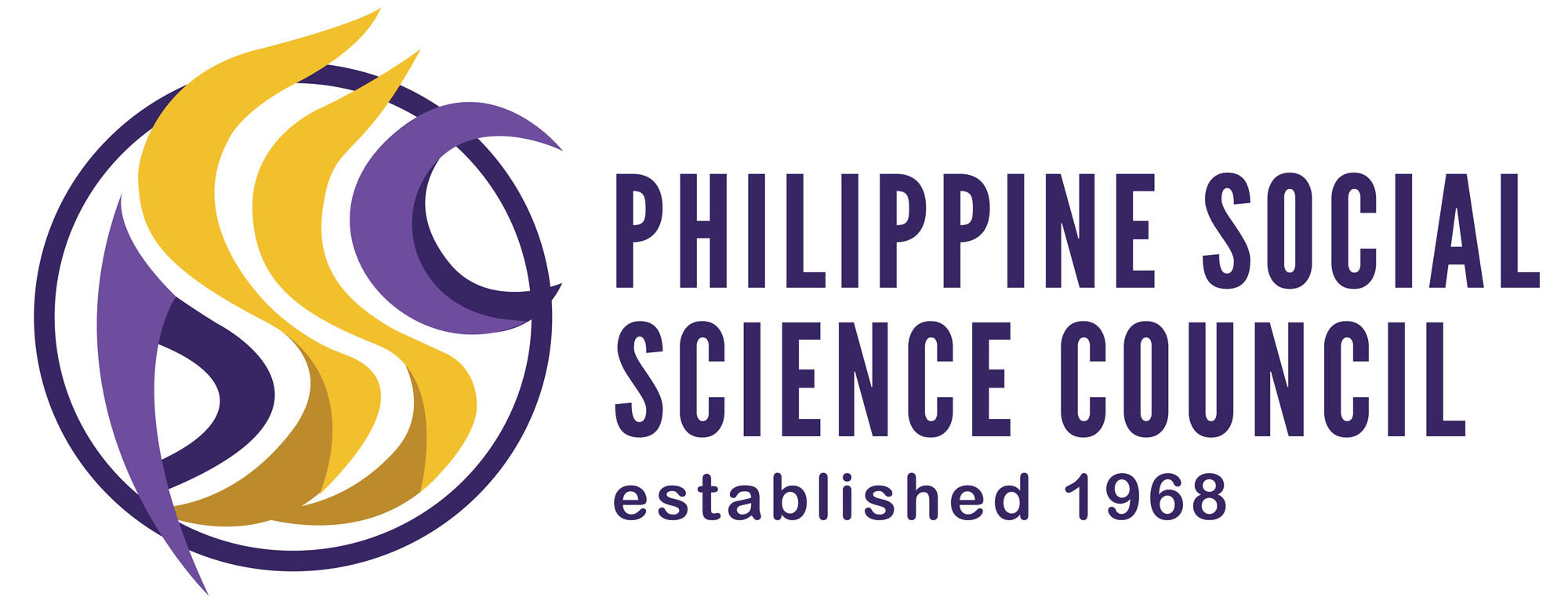Study on Democracy and Discourse on Governance after 25 Years: An Assessment on Philippine Democratization and Governance
Dates of Implementation/Duration: 7 July 2010 to February 28 2011
Partner Institution: Commission on Human Rights of the Philippines
Objectives: The project aims to examine the state of the country’s democratic processes and governance institutions after the EDSA People Power experience in 1986.
Project Description:
In February 2011, the Philippines will mark the 25th anniversary of EDSA I which dramatized the end of authoritarian rule and the restoration of formal democratic rights and institutions in the country. This event provides us an opportune time to assess the impact of EDSA on the country’s democratization processes and the building of more efficient and accountable governance institutions.
EDSA provided a unique political opportunity to craft a new direction for the country. It gave birth to a new constitution and new hopes for a better future for the country. However, the EDSA experience has also shown the intractability of the many problems and challenges of democratization and good governance.
This book project seeks to provide the first rigorous analysis of the EDSA experience spanning some 25 years and its impact on democratization and governance in the country. It will focus its analysis on the impact of key formal and non-formal institutions and processes on major democratization and governance issues. The project also includes an analysis of two new political institutions enshrined in the 1987 constitution, the Office of the Ombudsman and the Commission on Human Rights and their impact on the human rights situation and accountability of government officials, respectively. The book ends with a novel reading of how the people actually understand democracy and good governance as expressed in public opinion polls.
